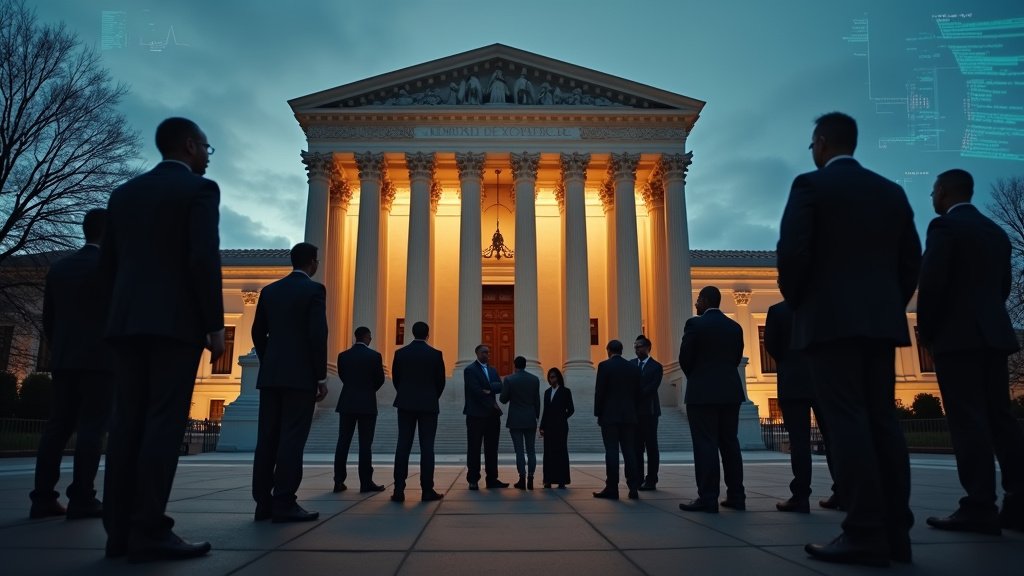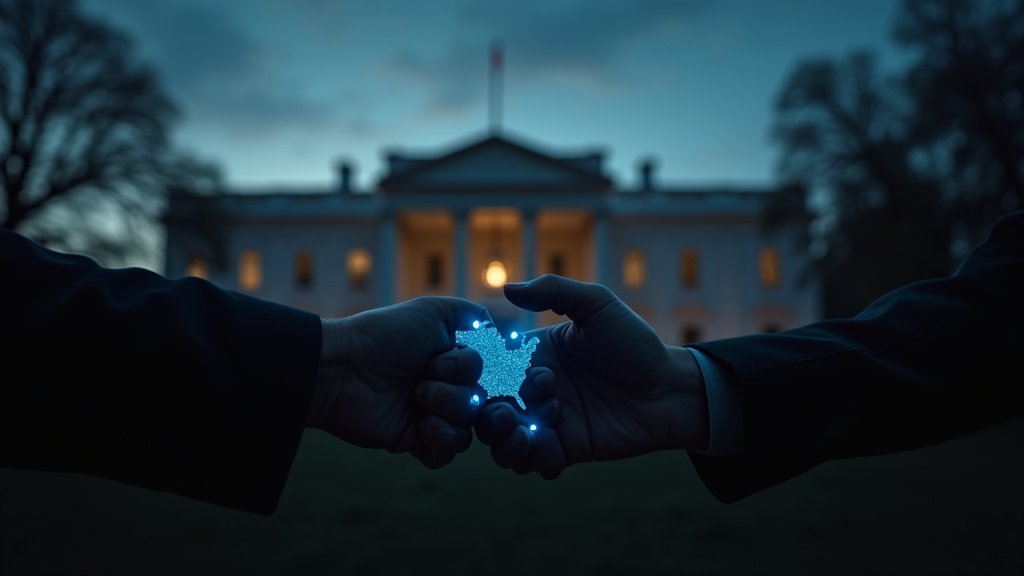Washington, D.C. – In a significant development in the United States’ ongoing fight against transnational criminal organizations, two former high-ranking leaders of the notoriously violent Mexican drug cartel Los Zetas were formally arraigned here on Friday, March 14, 2025. Miguel Trevino Morales, known by the alias “Z-40,” and his brother, Omar Trevino Morales, known as “Z-42,” appeared before a court to face a litany of severe federal charges including drug trafficking, firearms offenses, and money laundering. The arraignment underscores the persistent efforts by U.S. authorities to bring foreign cartel leaders to justice, regardless of their location or current status.
Cartel Leadership and Violent Legacy
Los Zetas emerged as one of Mexico’s most brutal criminal groups, initially formed by former special forces soldiers. Their operations were characterized by extreme violence and a diversification into various illicit activities beyond drug trafficking, including kidnapping, extortion, and human trafficking. Miguel Trevino Morales, “Z-40,” allegedly ascended to the top leadership position of Los Zetas in October 2012. He remained at the helm of the cartel’s sprawling and violent network until his arrest in 2013. Following his capture, his brother, Omar Trevino Morales, “Z-42,” reportedly assumed control of the organization, leading it until his own arrest in 2015. The period under their command saw Los Zetas engage in widespread atrocities and expand their territorial influence through brute force.
Extensive Federal Indictment
The charges presented against the Trevino Morales brothers in Washington, D.C., reflect the breadth and severity of the alleged criminal enterprise they commanded. The indictment includes engaging in a continuing criminal enterprise, a charge often reserved for leaders of sophisticated and long-running criminal organizations. This specific charge encompasses multiple murder conspiracies, highlighting the role of targeted killings and extreme violence as a core component of the cartel’s strategy under their leadership. Furthermore, the defendants are charged with conspiring to manufacture and distribute large quantities of cocaine and marijuana. These illicit narcotics were allegedly destined for distribution within the United States, fueling addiction and crime. The indictment also includes charges related to the use of firearms during drug trafficking crimes, specifically mentioning the use of a machinegun, underscoring the heavy firepower employed by the cartel. Finally, they face charges of conspiring to launder monetary instruments, involving the sophisticated process of cleaning illicit drug profits to integrate them into the legitimate financial system.
Allegations of Continued Control and the Rise of CDN
Even after their respective arrests in Mexico, the indictment alleges that the Trevino Morales brothers continued to exert influence and control over their criminal operations. According to court documents, following their incarceration, the cartel was allegedly renamed the Cartel del Noreste (CDN), or Northeast Cartel. The indictment claims that Miguel and Omar Trevino Morales maintained control of the CDN while incarcerated in Mexico. The CDN is accused of carrying on the violent and criminal legacy of Los Zetas, including continued drug trafficking activities and a range of violent acts such as murders, assaults, kidnappings, assassinations, and torture. These allegations highlight the persistent challenge faced by law enforcement in dismantling cartel structures, even after the capture of key figures.
CDN Designated Foreign Terrorist Organization
Further emphasizing the U.S. government’s assessment of the gravity of the threat posed by the successor organization, the U.S. Department of State officially designated the Cartel del Noreste (CDN) as a foreign terrorist organization on February 20, 2025. This designation is a significant step, placing the CDN in the same category as groups like ISIS and Al-Qaeda, and it triggers various sanctions and legal restrictions aimed at disrupting the organization’s funding and support networks. It reflects a recognition by the U.S. government of the cartel’s methods, which often mirror those of terrorist groups, employing extreme violence, intimidation, and tactics aimed at sowing terror among the population and asserting control.
Official Response and Ongoing Efforts
The arraignment was formally announced by the Department of Justice, signaling the United States’ commitment to pursuing justice against those responsible for perpetrating violence and trafficking illicit drugs across international borders. The announcement included comments from U.S. officials involved in the effort. DEA Acting Administrator Derek S. Maltz was quoted regarding the ongoing fight against the cartel. While the specific quote details are not provided in the original summary, the reference indicates the active involvement of the Drug Enforcement Administration in the investigation and prosecution of the Trevino Morales brothers and the broader efforts to combat Los Zetas and its successor groups like the CDN. The case serves as a stark reminder of the complex and dangerous nature of transnational organized crime and the persistent efforts required by international law enforcement agencies to dismantle such networks.
The arraignment of Miguel and Omar Trevino Morales in Washington, D.C., marks a pivotal moment in the lengthy legal battle against one of Mexico’s most notorious criminal syndicates. Facing extensive charges that span the spectrum of cartel operations – from drug production and distribution to extreme violence and financial crimes – the brothers represent the enduring challenge posed by highly organized and adaptable criminal organizations. The case is expected to shed further light on the inner workings of Los Zetas and the CDN and reinforce the U.S. government’s resolve to hold cartel leaders accountable.












